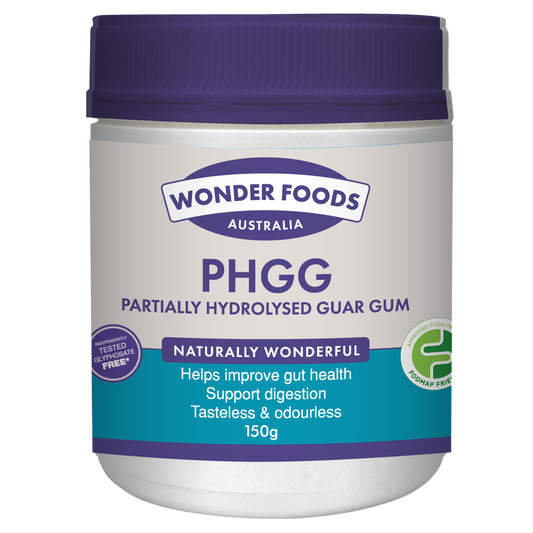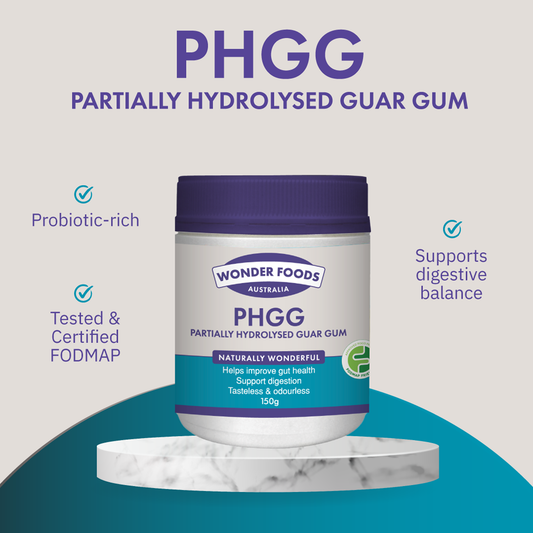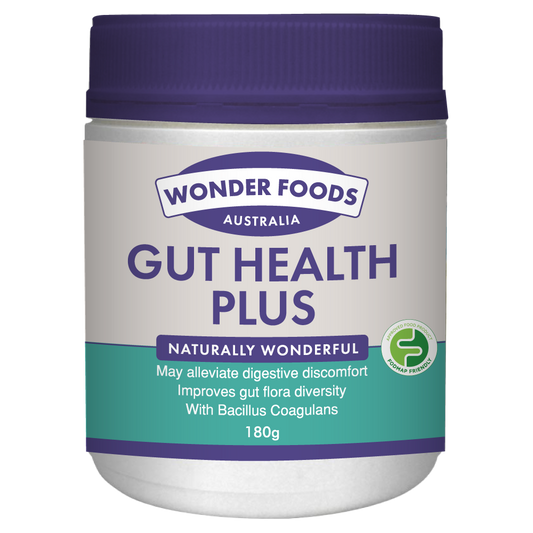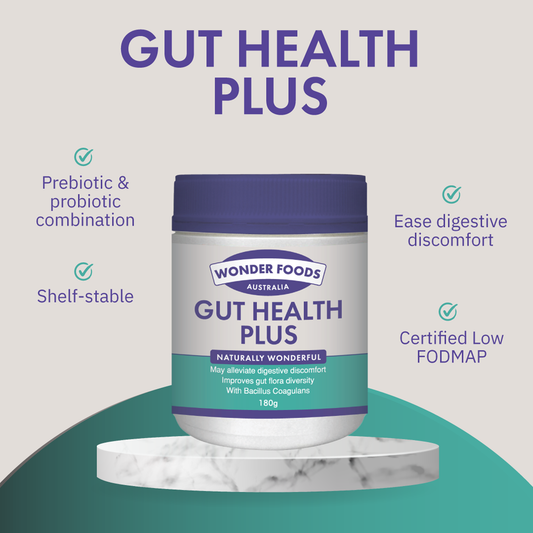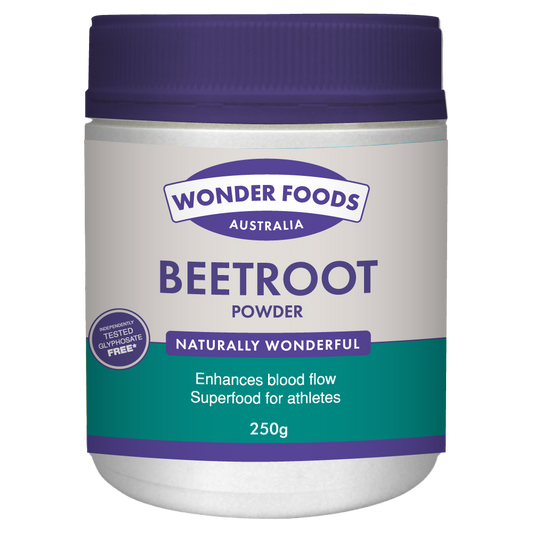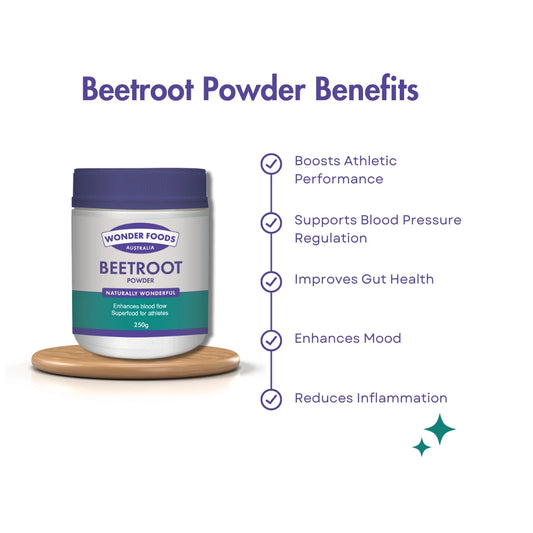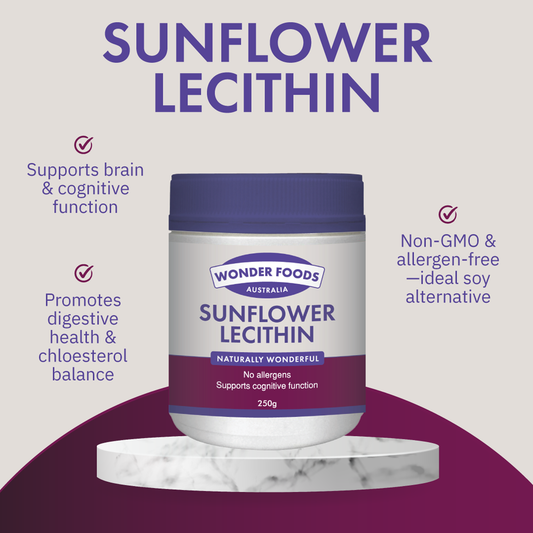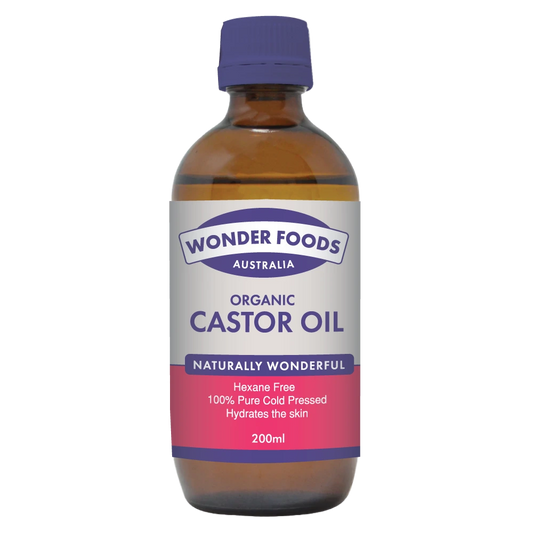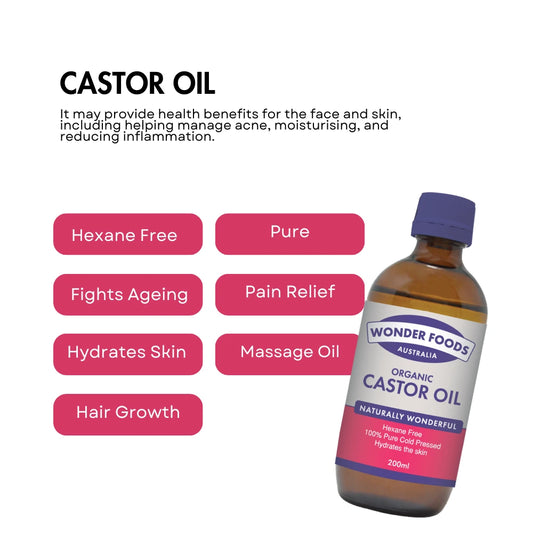
What is Osteoarthritis?
What is Osteoarthritis?
Osteoarthritis is a condition where the joint tissues gradually wear down over time. It’s the most prevalent form of arthritis, particularly affecting older adults.
Those with osteoarthritis often experience joint pain and brief stiffness, especially after resting or being inactive.
How can I Manage my Osteoarthritis?
1) Exercise is a key treatment for managing osteoarthritis, regardless of your age or fitness level.
A balanced routine should include both strength-building exercises and activities that enhance overall fitness.
2) Nutrition is another vital aspect to managing your osteoarthritis.
Minimise processed foods, increase your animal proteins and this study suggests you should consider supplementing with collagen.
How can I stop Osteoarthritis from getting worse?
For managing osteoarthritis, it's essential to maintain a healthy weight, avoid excessive strain on damaged joints, and follow an exercise routine that strengthens the muscles around the affected joints.
See a Naturopath for your nutritional improvements and an Exercise Physiologist to assist you in developing a suitable program for these strategies.

Can Collagen treat Osteoarthritis?
Collagen has been widely researched as a possible treatment for osteoarthritis (OA).
While the quality of studies differs, most results are encouraging.
Many Health Practitioners recommend a total joint formula (which includes hydrolysed collagen) called Complete Joint Care because it can significantly reduce pain and stiffness in individuals with knee OA.
What Medication is best for Osteoarthritis?
NSAIDs are the most commonly recommended by GPs for treating osteoarthritis.
These include ibuprofen (Motrin, Advil), naproxen (Aleve), and diclofenac (Voltaren, among others).
They work by blocking enzymes responsible for pain and inflammation.
However, some of these enzymes also play a role in blood clotting and protecting the stomach lining, which can lead to potential side effects.
What are the potential side effects of Osteoarthritis medications?
It's essential to be aware that analgesics may cause side effects, which can range from mild to serious, including:
- skin reactions like rashes or hives
- facial swelling affecting the throat, tongue, or lips
- swelling in the hands, feet, or ankles
- trouble breathing or swallowing.
Please check with your Health Practitioner for specific and personalised advice.
How to treat Osteoarthritis Naturally?
- Maintain a good body weight.
- Maintain a good body composition (muscle mass relative to fat)
- Increase muscular strength.
- Minimise chronic inflammation.
- Ensure good gut health ('It all starts with gut health').
- Increase collagen, glucosamine & chondroitin intake.
- Massage painful joints with organic, hexane-free Castor Oil.
Is Glucosamine good for Osteoarthritis?
Glucosamine may help reduce pain for those with osteoarthritis.
It's generally considered safe and could be a good alternative for individuals unable to take nonsteroidal anti-inflammatory drugs (NSAIDs).
This study suggests glucosamine could be worth considering.
Does Chondroitin help Osteoarthritis?
Findings from several well-conducted studies indicate that chondroitin supplements may help treat osteoarthritis, especially in the knee or hip.
However, a recent review of multiple studies showed chondroitin works better when combined with glucosamine.
Is Chondroitin the same as Glucosamine?
Glucosamine and chondroitin are essential components of cartilage, the tissue that cushions joints.
Glucosamine helps form glycosaminoglycans, molecules that contribute to the structure of cartilage.
Chondroitin, on the other hand, helps cartilage resist compression and maintain its integrity.
Is MSM good for Osteoarthritis?
Sixty individuals with knee osteoarthritis were randomly assigned to take either MSM or a placebo daily for 12 weeks.
Those who took MSM experienced greater improvements in pain relief and overall functional well-being compared to the placebo group.
What are the main ingredients are in Wonder Foods Complete Joint Care?
- Hydrolysed Collagen Peptides
- Glucosamine Sulphate,
- Methylsulphonylmethane (MSM),
- Chondroitin.
Conclusion:
Managing osteoarthritis effectively involves a combination of exercise, nutrition, and supplementation.
Incorporating a joint formula like Complete Joint Care can be an excellent step in reducing pain and stiffness associated with knee osteoarthritis.
With key ingredients such as hydrolysed collagen peptides, glucosamine, MSM, and chondroitin, this supplement is designed to support joint health and improve overall functional well-being.
By addressing inflammation, promoting cartilage health, strengthening your body and joints you have a comprehensive approach to osteoarthritis management.
Disclaimer:
The information provided in this blog post is for educational purposes only and should not be considered as medical advice. Always consult with a healthcare professional before starting any new treatment or supplement, especially if you have a pre-existing health condition or are taking prescribed medications. Results may vary, and the effectiveness of supplements may differ from person to person.
Where can I buy the best Castor Oil?

